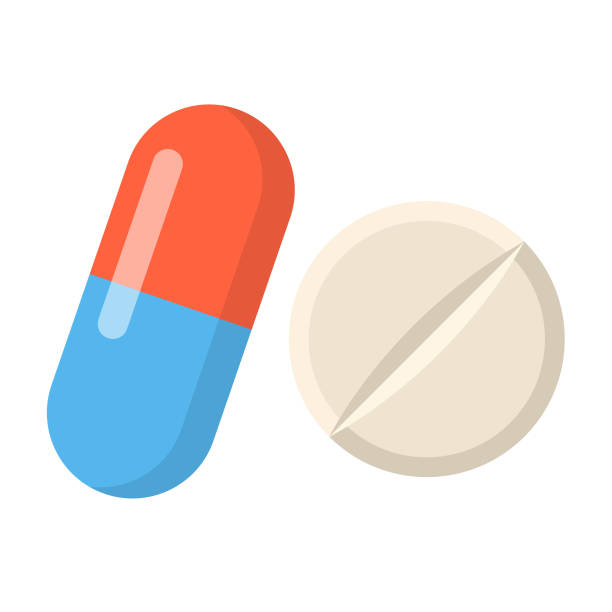Indications
Amlodipine and Valsartan combination is indicated for the treatment of hypertension. This fixed combination drug is not indicated for the initial therapy of hypertension.
Pharmacology
Amlodipine is a dihydropyridine calcium channel blocker that inhibits the transmembrane influx of calcium ions into vascular smooth muscle and cardiac muscle. Valsartan blocks the vasoconstrictor and aldosterone-secreting effects of Angiotensin II by selectively blocking the binding of Angiotensin II to the AT1 receptor in many tissues, such as vascular smooth muscle and the adrenal gland. Its action is therefore independent of the pathways for Angiotensin II synthesis. Amlodipine and Valsartan have been shown to be effective in lowering blood pressure. Both Amlodipine and Valsartan lower blood pressure by reducing peripheral resistance, but calcium influx blockade and reduction of Angiotensin II vasoconstriction are complementary mechanisms.
Dosage And Administration
Treatment of hypertension: Amlodipine is an effective treatment of hypertension in once daily doses of 2.5 mg - 10 mg while Valsartan is effective in doses of 80 mg-320 mg. In clinical trials with Amlodipine and Valsartan, using amlodipine doses of 5 mg-10 mg and Valsartan doses of 160 mg-320 mg, the antihypertensive effects increased with increasing doses. The majority of the antihypertensive effect is attained within 2 weeks after initiation of therapy or a change in dose. The dosage can be increased after 1 to 2 weeks of therapy to a maximum of 10/320 mg once daily as needed to control blood pressure. This combination may be administered with or without food. This combination may be administered with other antihypertensive agents. A patient whose blood pressure is not adequately controlled with Amlodipine alone or with Valsartan alone may be switched to this combination therapy.
Elderly patients: Because of decreased clearance of Amlodipine, therapy should usually be initiated at 2.5 mg.
Renal Impairment: No initial dosage adjustment is required for patients with mild or moderate renal impairment. Titrate slowly in patients with severe renal impairment.
Hepatic Impairment: No initial dosage adjustment is required for patients with mild or moderate liver insufficiency. Titrate slowly in patients with hepatic impairment.
Interaction
No drug interaction studies have been conducted with Amlodipine and Valsartan combination, although studies have been conducted with the individual components.
Contraindications
This combination product is contraindicated in patients who are hypersensitive to any components of this product.
Side Effects
Generally been mild and transient in nature. The most common side effects include peripheral edema, nasal congestion, sore throat and discomfort when swallowing, upper respiratory tract infection, dizziness etc.
Pregnancy And Lactation
Pregnancy Category D. It is not known whether Amlodipine or Valsartan is excreted in human milk. Because of the potential for adverse effects on the nursing infant, a decision should be made whether to discontinue nursing or discontinue the drug, taking into account the importance of the drug to the mother.
Precautions And Warnings
Avoid fetal or neonatal exposure, assess for hypotension, warn patients with severe obstructive coronary artery disease about the risk of myocardial infarction or increased angina, titrate slowly in patients with impaired hepatic or severely impaired renal function.
Therapeutic Class
Combined antihypertensive preparations
Use in special populations
Safety and effectiveness in paediatric patients have not been established.
Storage Conditions
Amlodipine and Valsartan combination is indicated for the treatment of hypertension. This fixed combination drug is not indicated for the initial therapy of hypertension.
